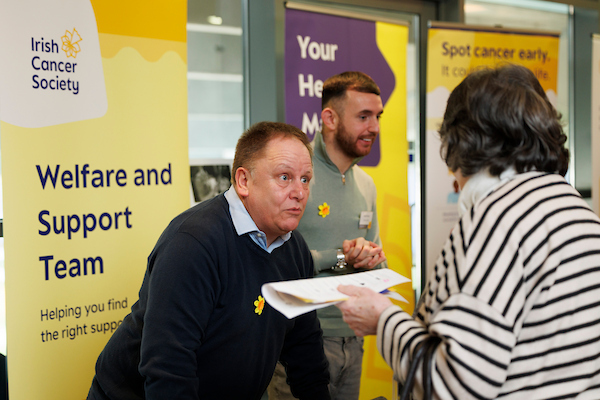Invasive lobular breast cancer
What is invasive lobular breast cancer?
Invasive lobular breast cancer starts in cells that make up the lobes at the end of the milk ducts in the breast.
It’s more common in women aged 45-55, but it can happen at any age.
This cancer has a slightly higher chance of being in more than one area of the breast and of affecting both breasts.
Is invasive lobular breast cancer common?
It isn't a common type of breast cancer: It accounts for about 1 in 10 cases of breast cancer.
How is invasive lobular breast cancer treated?
Surgery for invasive lobular breast cancer
Treatment for invasive lobular breast cancer is the same as for other common breast cancers:
- Surgery to remove the tumour is usually the first treatment. You may have part of your breast removed or the whole breast (mastectomy). If the cancer is affecting more than one area in the breast it’s more likely you will have a mastectomy.
- Surgery to remove lymph nodes in your armpit area may be done if the cancer has spread there. This is called an axillary clearance.
Treatment after surgery
You may have more treatment after surgery to try to reduce the risk of the cancer coming back. For example:
- Radiotherapy. Most people will have radiotherapy if part of the breast is removed. You may or may not have radiotherapy if your whole breast is removed.
- Chemotherapy. If your tumour was large or found in the lymph nodes you might have chemotherapy to reduce the risk of the cancer coming back.
- Hormone therapy. If your cancer has hormone receptors that help the cancer to grow - that is, oestrogen-receptor positive (ER+) - you may have hormone therapy drugs. Most invasive lobular breast cancers are oestrogen-receptor positive.
- Targeted therapies. If your cancer has a high number of HER2 protein receptors, you might have targeted therapies (trastuzumab).
Related links



Talk to a Cancer Nurse

Support Line
Our Daffodil Centres


